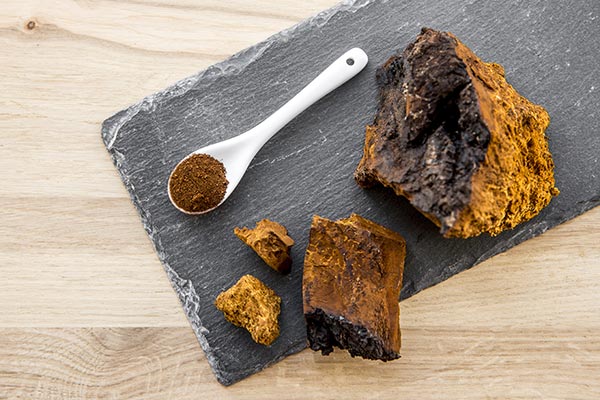
A healthy, organic diet doesn’t just mean eating organic produce — which are fresher and devoid of harmful chemicals and preservatives — it also means eating healthful foods that can provide all the nutrients your body needs. While you can get some of these nutrients from animal-based foods, most of what you really need can be found in plant-based foods like fruits and vegetables.
The health benefits linked to a healthy organic diet are plenty. In particular, the claim that this diet lowers the risk of diseases is backed by science. But here’s another thing a nutritionally balanced, high-quality organic diet can do: It can reduce your risk of dying from cancer.
In a recent study published in JCNI Cancer Spectrum, researchers from the US examined the relationship between the quality of diet and overall and cancer-specific mortality among cancer survivors. Over a period of 17 years, they found that a high-quality diet consisting mostly of vegetables, fruits and whole grains was associated with a decreased risk of overall and cancer-specific mortality. In fact, the researchers reported that the risk had gone down by 65%.
For lead author Dr. Ashish Deshmukh of the University of Florida, their findings reveal just how important it is to have a well-balanced diet, especially for cancer patients and survivors. It also shows that the focus of every person should be on total diet, not specific nutritional components. When it comes to the prognosis of cancer patients, a total diet rich in organic products, clean proteins, unprocessed carbohydrates and non-toxic fats can help increase their chances of survival.
The researchers arrived at this conclusion by evaluating information from the Third National Health and Nutrition Examination Survey (NHNES III), which was conducted between 1988 and 1994 and involved almost 34,000 people. From this population, the researchers identified 1,191 participants who have been diagnosed with cancer.
Those who participated in the survey kept a food diary where they tracked what they ate during the day. The researchers then scored the diets based on nutritional quality and the dietary guidelines set by the US Department of Agriculture (USDA).
During a median follow-up period of 17.2 years, the researchers reported a total of 607 cancer-specific deaths among the participants. However, those who adhered to a high-quality diet showed higher survival rates than those with poor-quality (low nutrition) diets.
“It is also crucial that cancer survivors work with their dietitians to identify a balanced diet regimen, and then follow that regimen,” Deshmukh added. “There are no harms [from] healthful eating.”
Natural ways to lower your risk of cancer
If you wish to avoid developing cancer, you need to do more than just eat healthy. Follow the tips below to reduce your risk of developing cancer.
- Avoid tobacco – Different types of cancer, such as throat, lung and kidney cancer, have already been linked to tobacco exposure. This is not just limited to smoking tobacco; it also includes chewing it, as well as being exposed to secondhand smoke.
- Exercise – Maintaining a healthy lifestyle not only requires a healthy diet, it also includes engaging in enough physical activity every day. Exercise can help you maintain a healthy weight, which is important to fight obesity. Obesity is a risk factor for some types of cancer. For adults, at least 150 minutes of moderate-intensity physical activity (like brisk walking) or 75 minutes of vigorous physical activity per week is recommended.
- Avoid excessive sun exposure – Absorbing too much harmful rays from the sun can lead to skin cancer, one of the most common types of cancer. Exposure to direct sunlight between 10 a.m. to 4 p.m. is harmful for the body, so avoid going out during these times. Covering exposed areas and avoiding sunlamps can also reduce your risk of skin cancer.
A healthy, organic diet can not only help reduce your risk of dying from cancer, it can also improve your overall health.
Sources:




























